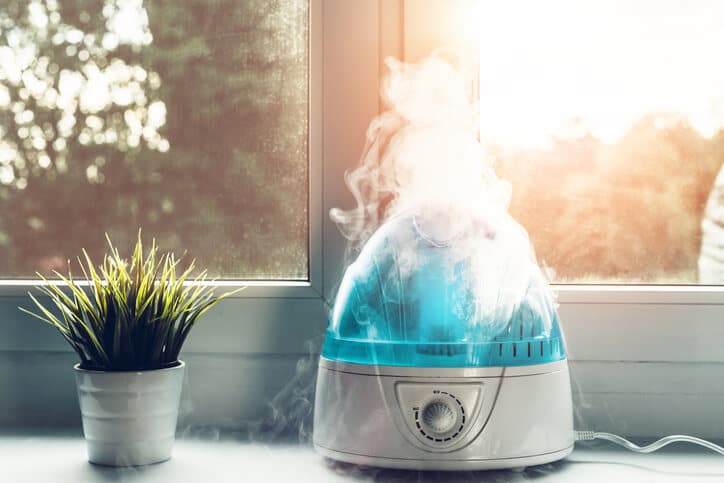During the winter, cold weather can affect your asthma symptoms and make it more challenging to manage. Here at Allergy & Clinical Immunology Associates, we have put together a guide on winter weather and asthma flare-ups to help you better understand how asthma is affected by cold weather and what you can do to ease your asthma symptoms.
How Does Cold Weather Impact Asthma Symptoms?
Cold weather can trigger asthma flare-ups in many ways. For starters, cold and dry air can cause the airway to constrict and make asthma symptoms worse. Those with asthma have more sensitive bronchial tubes, which can become triggered by cold air, causing them to constrict.
Cold air cause irritation to the lining of your airways, leading to coughing, shortness of breath, and wheezing. In most cases, the more severe your asthma is, the more likely you will suffer from symptoms caused by cold air.
Cold weather can also cause an asthma attack due to allergens like molds and pollens that may be present in the winter months.
What Can You Do To Ease Asthma Flare-Ups In The Winter?
It is important to take steps to help prevent asthma flare-ups caused by cold weather. Here are some tips on how to do just that:
 Have a winter asthma plan, and make sure your asthma specialist is aware of any changes in asthma symptoms
Have a winter asthma plan, and make sure your asthma specialist is aware of any changes in asthma symptoms
Having a plan is the key to managing your asthma in the winter months. When you work with the asthma specialists at Allergy & Clinical Immunology, they will evaluate your asthma symptoms and create a plan tailored to your needs.
Schedule regular checkups
This will allow your provider to monitor your symptoms and check that your treatment is working to control your asthma. If something is not working effectively, they can adjust your treatment plan accordingly.
Use a humidifier indoors
The dry air common in the wintertime can also trigger asthma symptoms. To help with this, you can use a humidifier indoors to add moisture back into the air that may be removed by a heating source, such as a furnace.
Reduce indoor triggers
In addition to dry air from running your furnace, being indoors also subjects you to various allergens, such as mold or dust mites, that can trigger your asthma. Be sure to use HEPA filters in the home, dust, and vacuum regularly, and use dust mite covers on the mattresses and pillows if you have a dust mite allergy.
Avoid cold drafts or sudden temperature changes
Cold drafts or sudden temperature changes can trigger asthma symptoms, so it is recommended that you avoid these factors when you can.
Avoid mouth breathing
This should be done to prevent a rush of cold air from reaching your lungs and triggering an asthma attack.
Wear warm clothing
When you venture outside in the cold, bundle up in warm clothing to help protect your lungs from cold air.
Ready to Work with An Asthma Specialist? Contact us Today!
Take charge of your asthma symptoms by working with an asthma specialist. At Allergy & Clinical Immunology Associates, we can provide you with various effective ways to help you breathe easier and reduce the occurrence of asthma attacks. To learn more, contact us today!